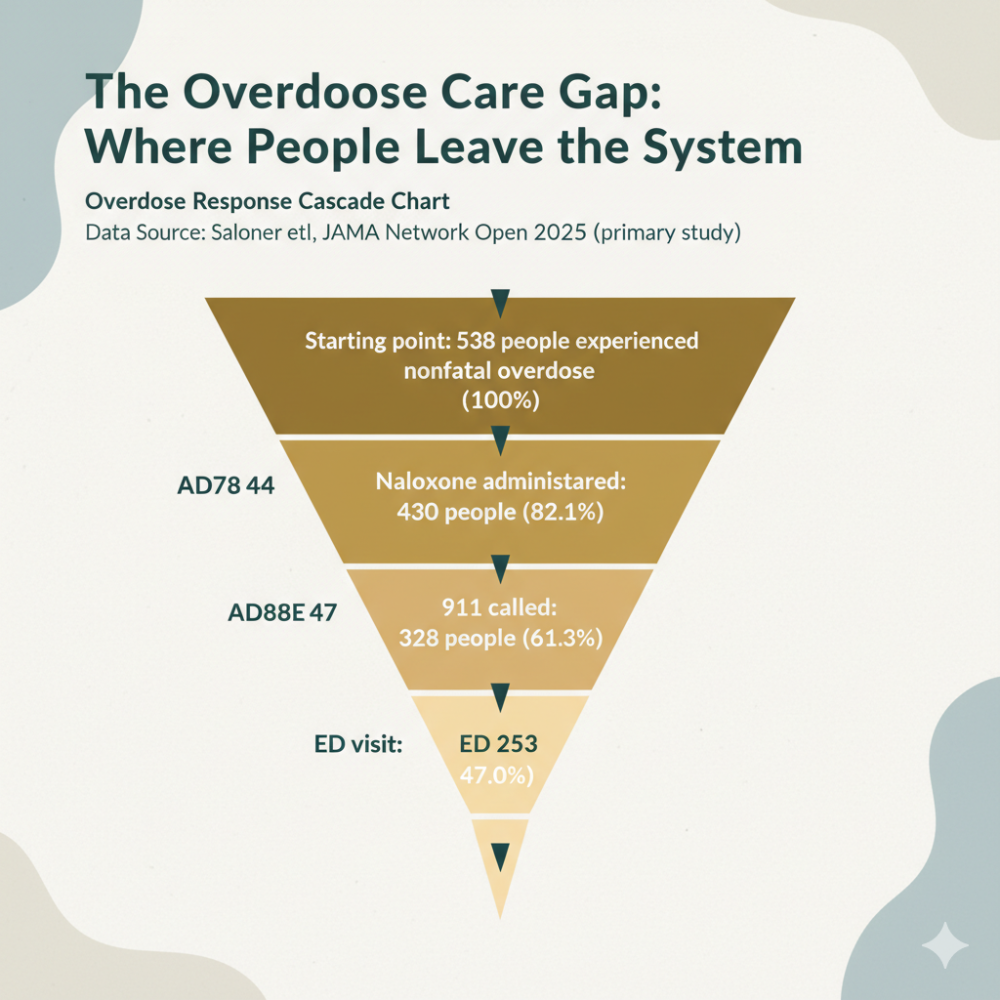After an individual has gone through the detox process and has started their recovery journey, they will need to make important changes in their lives to avoid any chance of relapse. For example, they might need to pick different hobbies or choose different places to hang out in their spare time. Similarly, they need to set boundaries in their relationships with others during this time. These boundaries are certain limits that an individual can set for those around them that show what they are comfortable with as they begin their recovery journey. If people don’t respect these boundaries, it may be time to entirely cut some relationships out of the picture.
Why Setting Boundaries in Relationships Is Important
It might seem awkward to set boundaries for one’s family and friends. However, it is imperative because unless the individual tells them, they won’t know what they are comfortable with. They might be unintentionally triggering the newly sober individual or, in some way, making the recovery process more challenging for them. Additionally, family and friends might not know what they can and can’t say around their recovering loved one.
During the recovery process, it is essential to be surrounded by people who are supportive of an individual’s sobriety. When a recovering individual keeps people in their life that are not supportive of their recovery journey, they are endangering their own sobriety. Old friends may tempt them to go back to their old lifestyle and engage in substance use again. These boundaries offer a recovering individual the time and space to put themselves first and focus on their continued sobriety.
Learning to Say “No”
One of the most crucial boundaries to set during recovery is learning how to say “no” to an invitation to go to an event where there may be temptations to engage in substance use. For example, an individual may receive an invitation to come to an event where alcohol will be served, or a lot of partying will be taking place. Maybe the invitation is to hang out at a location where the individual previously would partake in substance misuse. It is not rude to turn down an invitation if it may threaten one’s recovery, and those that are genuinely supportive of their friend’s sobriety should not take offense.
How to Set Boundaries In Relationships During Recovery
One way of setting boundaries in relationships is for an individual to be completely open and honest with their loved ones about what they are and are not comfortable with. For example, they might not be comfortable with a family member drinking in front of them or alcohol being in plain view when they hang out. Perhaps some particular words or phrases are triggering or offensive to them that should be avoided. One of the most important ways to set boundaries during recovery is by standing firm in one’s beliefs and not allowing others to sway them or back down on these beliefs.
These boundaries may vary from person to person, depending upon what they are comfortable with. They should also be reassessed over time and altered as needed by the recovering individual.
Remaining Firm With Boundaries
There are particular boundaries in recovery that should not be crossed—for example, putting one’s own morals or feelings aside to make someone else happy. This could mean putting up with a behavior that makes a recovering individual uncomfortable for the sake of keeping a relationship. It could even mean turning back to substance use to fit in with an old, unhealthy group of friends. Another example could be allowing others to tell a recovering individual what they should or shouldn’t do. Remaining firm in one’s own values is a critical part of the recovery process.
What to Do When a Loved One Doesn’t Respect These Boundaries
In some situations, friends or family members will choose not to respect the boundaries that a recovering individual has put into place. When this happens, it is essential to clarify why these boundaries have been set into place and why respecting them is crucial to the success of the recovering individual’s continued sobriety. If the family member or friend continues to disrespect these boundaries, it may be time to cut that individual out completely. Anyone who chooses to put their loved one’s sobriety at stake deliberately is not deserving of a continued relationship with them.
Setting boundaries in relationships is a significant part of the recovery process. During this time, it is essential to surround yourself with people who are supportive of your recovery journey and won’t do anything to jeopardize your sobriety. Setting boundaries in recovery is the time to be open and honest about what you are and are not comfortable with so your loved ones can avoid triggering actions or language. There may be individuals who are not supportive of your recovery journey or tempt you to turn back to substance use. These friendships may need to be reevaluated or cut out completely. If you have not yet sought treatment for a substance use disorder, there is help available to you.
At Gallus Medical Detox Centers, we have helped many people take their life back from addiction. Our mission is to provide the highest quality inpatient medical detox services and be the best first step in overcoming substance use disorders.


 Steve B
Steve B 
